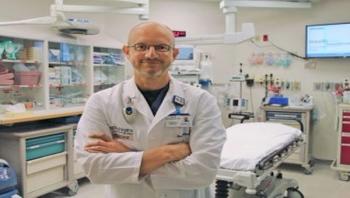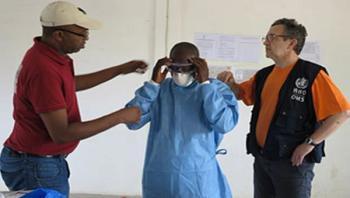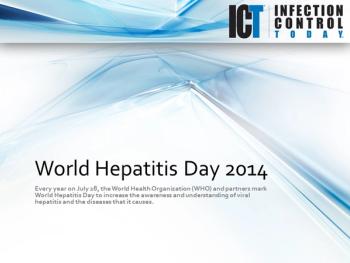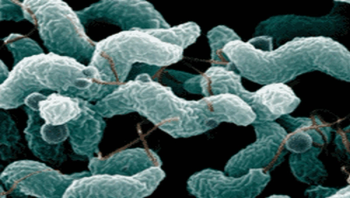
News















A survey of first-year Grand Valley students showed the biggest barrier to receiving a human papillomavirus (HPV) vaccine was moral or religious beliefs, or a perceived promotion of sexual behavior, according to graduate physician assistant researchers.



Consumers worldwide spend billions of dollars each year on probiotic foods and supplements. But studies evaluating probiotics - microorganisms believed to aid digestive health - have been limited. To better understand probiotics’ capabilities, researchers at Washington University School of Medicine in St. Louis are leading a nationwide clinical trial to determine whether one of the most commonly used probiotics can safely and effectively treat infants and toddlers suffering from acute gastroenteritis, otherwise known as stomach virus or “stomach flu.”



The Emergency Ministerial meeting on Ebola Virus Disease (EVD) has ended, with ministers of health agreeing on a range of priority actions to end the Ebola outbreak in West Africa. The scale of the ongoing outbreak is unprecedented, with reports of more than 750 cases and 445 deaths in Guinea, Sierra Leone and Liberia since March 2014.



Millions of microbial species populate the world, but so far only a few have been identified due to the inability of most microbes to grow in the laboratory. Edgar Goluch, an engineer, and Slava Epstein, a biologist, aim to change this. The pair, both researchers at Northeastern University, has developed a device that allows scientists to cultivate a single species of bacteria that can then be studied and identified.

Meat fondue with chicken is one of the primary risk factors for a campylobacter infection in Switzerland in winter, a new study shows. At the end of each year, the reported case numbers of this severe intestinal infection increase in Switzerland. This increase over the festive season can be attributed to the consumption of Fondue chinoise.



